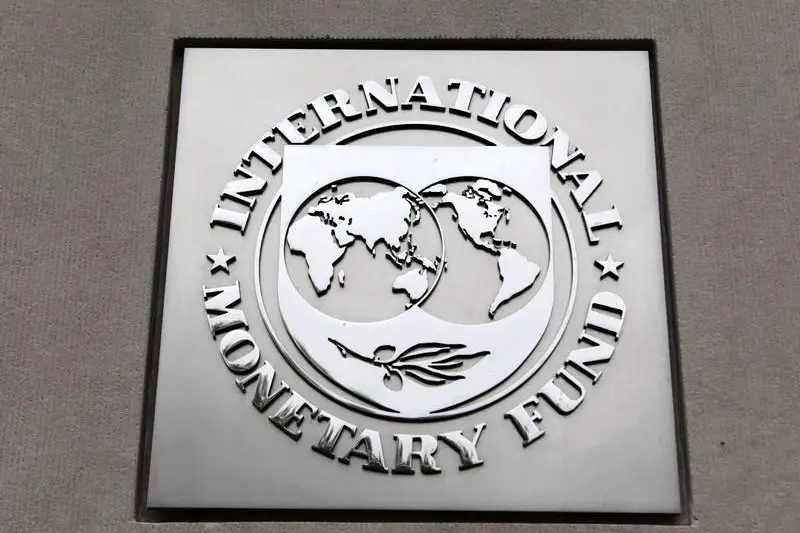PHOTO
The International Monetary Fund (IMF) has directed Rwanda’s National Bank (NBR) to raise interest rates to contain the surging inflationary pressures in the economy ahead of the release of the $74.6 million financing next month.
The funding for budgetary support is part of the country’s Policy Co-ordination Instrument (PCI) programme and the Resilience and Sustainability Facility (RSF) which IMF approved on December 12, 2022.
The IMF staff and the Rwandan authorities have already reached an agreement on policies needed to complete the initial reviews of the programme paving way for the release of RWF81.63 million ($74.6 million) subject to approval by the IMF Executive Board in May.
The agreement followed the conclusion of an IMF mission in Rwanda led by Haimanot Teferra from March 22 to April 4 to discuss the first reviews of the PCI programme and RSF.
“Performance under the programme has been strong. All quantitative targets for end of December 2022 have been met and all reform targets under the PCI and reform measures under the RSF envisaged for the first reviews are progressing well and expected to be completed ahead of the executive board discussion,” said Ms Teferra in a statement on Tuesday.
Rwanda economy vulnerable
However, IMF noted that the Rwandan government needs to continue implementing a credible fiscal consolidation plan coupled with a tighter monetary policy stance while allowing for greater exchange rate flexibility in order to ensure a stable macroeconomic environment.
According to the fund, the Rwandan economy remains vulnerable to the shock-prone external environment and the authorities will need to urgently further tighten the fiscal and monetary policies to rebuild policy buffers.“Another spike in global energy and fertiliser prices, a steeper decline in trading partners’ growth or global financial market as well as geopolitical developments that adversely affect the availability of concessional resources will further strain external buffers and limit the policy space to confront development challenges and address climate change,” the fund said.
“The National Bank of Rwanda should pursue a more decisive monetary policy tightening to contain inflationary pressures and promote exchange rate flexibility to ensure external stability,” IMF added.
According to IMF, data-dependent monetary policy and strengthening communication would help to contain the second round effects and anchor inflation expectations.“Greater exchange rate flexibility remains key to safeguarding reserves while foreign exchange market interventions should be guided by a robust policy framework. Reforms to enhance monetary policy operations and deepen money as well as government securities market would need to be accelerated to improve the efficiency of monetary policy transmission,” it said.“The authorities will need to further tighten the fiscal and monetary stance to rebuild policy buffers,” it further stated.
Rwandan authorities will also need to sustain their ongoing efforts to strengthen institutions to deliver and monitor Rwanda’s ambitious climate objectives to help mobilise and efficiently allocate additional resources, according to IMF.
Rwanda economy grows
Rwanda’s economy recorded a strong growth of 8.2 percent in 2022 while headline inflation remained high at 20.8 percent in February this year.
Economic activity fuelling import demand added to existing pressures on foreign exchange reserves tied to higher commodity prices and the tightening of global financing conditions and further exacerbated domestic as well as external imbalances.“While the economy registered a strong growth macroeconomic imbalances have emerged. Gross domestic product (GDP) growth was 8.2 percent in 2022 as strong output in the manufacturing and services sectors more than offset weaker-than-expected agricultural production and a sharp slowdown in construction activity,” IMF said.
Rising food prices linked to the weak agriculture performance due to unfavourable weather conditions and strong domestic demand kept headline inflation persistently above 20 percent in recent months with high core inflation at 14.4 percent in February, signalling broad based and persistent inflationary pressures in the economy.
Read: Cost of living to hit African nations harderAccording to IMF, robust import demand coupled with high commodity prices and tightening global financing conditions have weakened Rwanda’s external position.“Despite a faster pace of exchange rate depreciation, external buffers were significantly reduced with foreign reserves declining to 4.1 months of prospective imports at end of 2022,” IMF said.
© Copyright 2022 Nation Media Group. All Rights Reserved. Provided by SyndiGate Media Inc. (Syndigate.info).





















